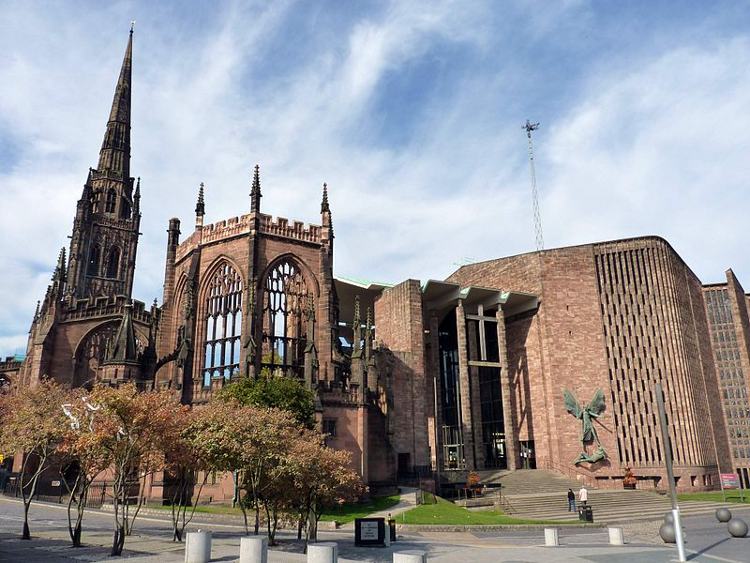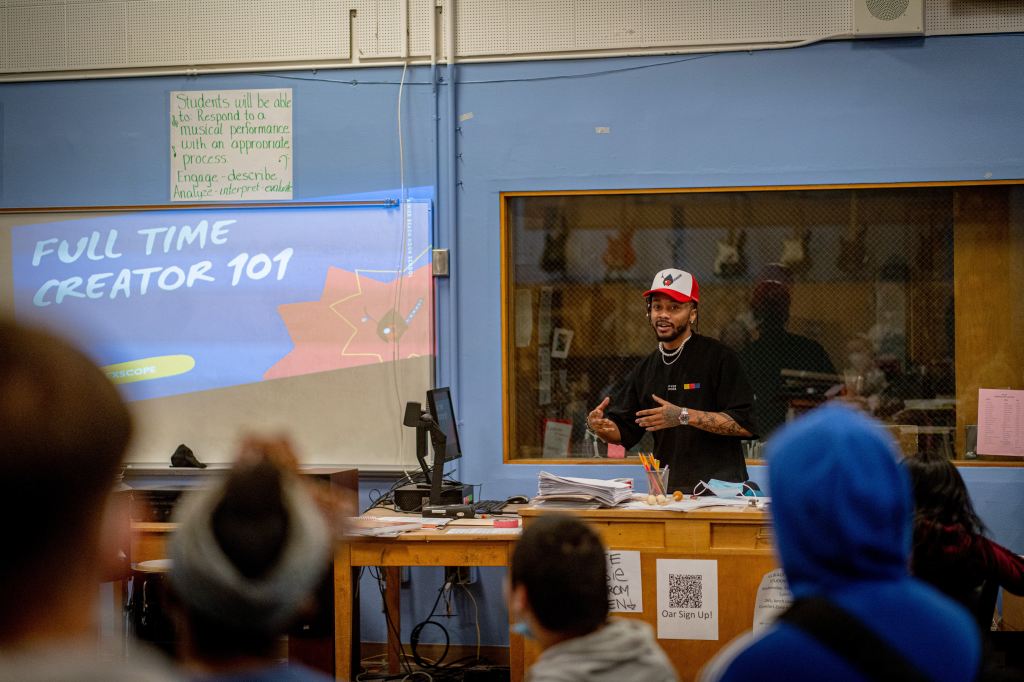Guess I’m on a roll.
Couple days ago, an article sparked me to write about the gaping hole in the pro-life movement. If you’re going to declare yourself an advocate for LIFE, then you’d better be prepared for what that’s going to cost you.
It’s not fashionable in America right now to speak of inconvenient truths.
Like the way the Gospel calls us to care for widows and orphans, and to take up for the oppressed, the immigrant, the poor, even the person who has no voice or advocate.
Instead, it’s cool to be all Tea Party and “responsible” and strip people of benefits just when they most need them. Welfare spending is at an all-time low, despite the Great Recession grinding family income down to barely livable levels. Bonus points if you’re attacking poor women on welfare, because those ladies exist to do nothing but birth babies and laugh in the face of taxpayers. (Please tell me you caught the sarcastic edge there.) (Actual demographics for TANF [formerly “welfare”] recipients these days.)
I’m getting distracted.
It’s really expensive to be poor.
1. I know a single mom who is stuck between having no money and losing what little financial assistance she can get if she’s lucky enough to find a job (which isn’t going to happen in this economy if all you have is a high school diploma). When a single parent goes to work, she receives fewer benefits – what little is available to families from the social welfare system. So if a full-time worker at a minimum-wage job (5 days a week, 52 weeks a year) earns barely $19,000 – how is a family supposed to make it out of poverty? How is mom supposed to juggle full-time work and a lack of child care?
2. We know some people who don’t have a car or any way to get one. Remember that point about how expensive it is to be poor? (Did you read the article? At least go skim the first page…..I’ll wait) If you don’t have money to afford to save money, and if you live here in Anderson where public transportation is a joke, how do you get around without a car?
3. I know a young lady who’s probably going to be homeless in a few weeks, barring some awesome miracles. She has no car, so she needs to live within a mile or so of where she works. It’s a minimum wage job and she’s not working a lot of hours, so there’s absolutely no money for rent. Got a suggestion for her?
4. Food stamps don’t provide enough food for a family. If you’re not giving food regularly to families you know who are in a tough financial position, they’re probably dealing with hunger or food insecurity (not knowing whether you’ll have enough food for the day/week/month). I urge you to donate regularly to shelters, food pantries, and other food ministries like Anderson Interfaith Ministries. And please don’t assume that it’s easy for people in need to get to a food pantry when it’s open. Or that families with food allergies can actually use the food available there, because often it’s boxed or canned and full of allergins.
4b. Better yet, plant a garden in your backyard and donate half of it to people who need it. I’ll happily give you my address – we know folks who love fresh vegetables but struggle to afford them. The Generous Garden Project offers tips & resources.
What’s missing in all of these stories? Social capital. Resources. The network of people who help you make it when times get tough.
For the past year, my husband and I have had no choice but to rely on God’s good grace expressed through the love and wallets of His people to pay our bills each month while he’s been unemployed and in grad school. (The unemployment has lasted a lot longer than we’d expected / hoped.)
It’s not to diminish God’s provision at all to note that we usually get help from people who already know us, or by means of our education and professional experience (which led to first my job, now my husband’s, plus multiple freelancing opportunities throughout the past year).
The “system” has nothing to offer the person who’s cut off from a community who cares, who lacks the social network of aid.
The Chalmers Center, connected to Covenant College, does a lot of work with economic development and poverty both in the US and abroad. I heard one of their staff members speak last fall, Andy Jones. He defined poverty basically as being stripped of any meaningful relationships.
Put simply, when you’re poor, it’s not so much that you lack money. It’s that no one gives a damn.
The Gospel calls us to change that, and it’s going to take much, much more than money. Giving money is easy. Coming alongside someone in the midst of their mess — thats going to really cost you something.
All of the situations listed above are real. If you have a working, reliable car to donate, money for the family who needs a house and the money to afford living in it, a lead for an apartment on Clemson Blvd, or other resources for the people I’ve mentioned, leave a comment on this post or message me on Facebook.
If you want to give financial support to a ministry in our county that does incredible work for people in need, I recommend AIM, Safe Harbor, Under His Wings/Haven of Rest, and Calvary Home for Children. They’re worth their weight in gold….more importantly, they really do need “gold” to get their work done.




Got a comment?